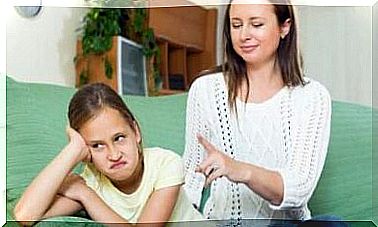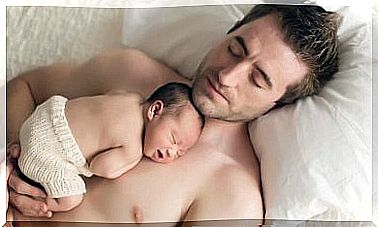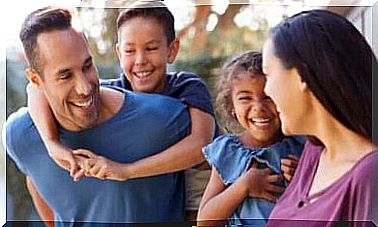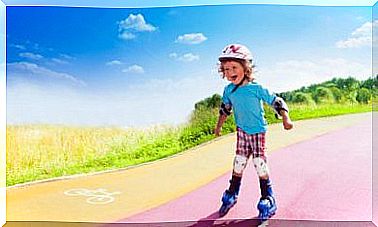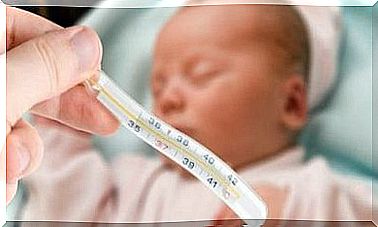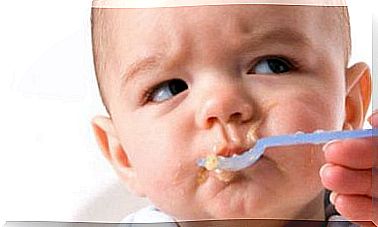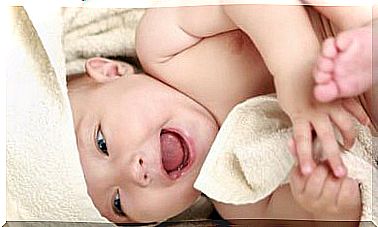The Pygmalion Effect In Children
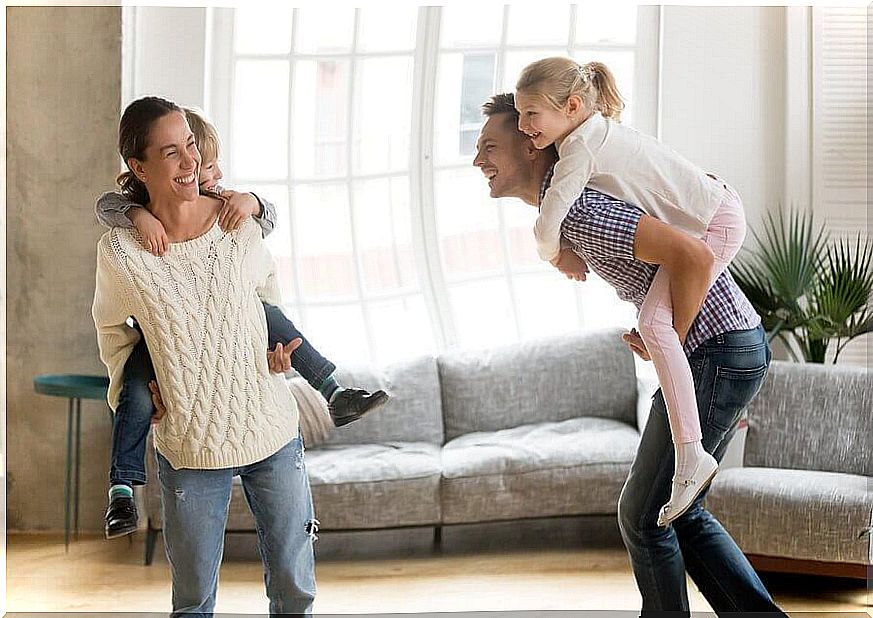
Do you think adults’ expectations and attitudes influence children? Next, let’s look at what the Pygmalion effect is in children. It is precisely the influence of parents on the performance of the little ones.
The Pygmalion effect in children was discovered in the late 1960s. A study was carried out which consisted of analyzing the efforts and dedication of teachers towards children according to the information previously received about each student. At the end, the performance of the students in each case was also examined.
This phenomenon was given this particular name in honor of an ancient sculptor from Cyprus. The myth tells that Pygmalion had a statue called Galatea, that treated like a real woman. One night the sculptor’s work came to life thanks to the goddess Aphrodite. He was sure it would happen, and finally it came true.
So we use this term to refer to the influence of one person’s expectations on another.
How does the Pygmalion effect affect children?
Unsurprisingly, children see parents and teachers as role models. Therefore, the words, gestures and demonstrations of trust and confidence by parents towards the little ones can have a huge influence and, therefore, great consequences.
In fact, the explanation is much simpler than it sounds. Children learn to see themselves according to what they are taught. If the parents don’t trust their abilities or, even worse, if the child sees that the parents think that way, the child’s chances of being successful will decrease considerably.
The Pygmalion effect in children has an effect on all activities in which self-esteem plays an important role. Thus, this effect can manifest itself in several areas:
- During the school trajectory.
- In sporting, artistic or any kind of activities
- In the relationship with others in your environment, such as parents, siblings, friends, teachers, etc.
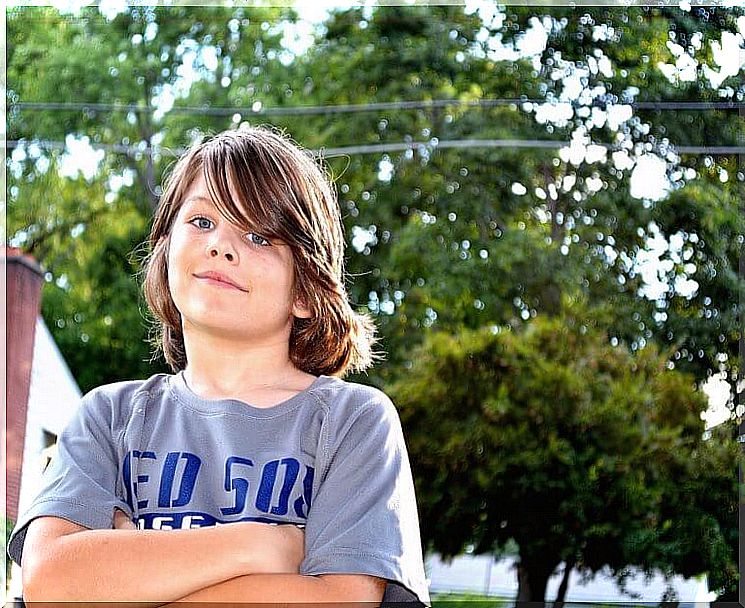
What adult attitudes influence children?
If you ask yourself what day-to-day attitudes can positively or negatively affect the confidence of little ones, see some examples:
- Language. Both the tone of voice and the words themselves are decisive when expressing feelings. Children are very sensitive and recognize if you convey distrust or doubts.
- Gestures. Nonverbal language is as or more important than the words that are spoken.
- Heads up. Children see the effort to help or advise them in activities that you believe they have great potential. Likewise, they will also notice when you don’t have high expectations.
- Participation. A factor related to the above point. If you go to games when you think your child is going to win and don’t show up when you think he doesn’t have many chances, he will certainly feel this lack of security.
- Requirement. The lower the parent’s expectations, the less likely the child will struggle.
Negative consequences of the Pygmalion effect
As much as parents say countless times that they trust and believe their children are capable, little ones can see if this is really true through the gestures and actions of adults.
So, if parents don’t respect their space, solve all their problems, or don’t delegate any responsibility, children will likely understand that the parents don’t trust them or feel that they aren’t capable enough to carry out such tasks.
And the effects can go further. If parents make decisions about their child’s present or future without consulting them, they can have serious consequences for the child’s self- image. This ranges from everyday matters, such as the clothes he wants to wear, to the most important ones, such as choosing the school he wants to go to or playing a particular sport.
Think about how children might feel about others if their own parents don’t value their opinion or don’t let them take responsibility.
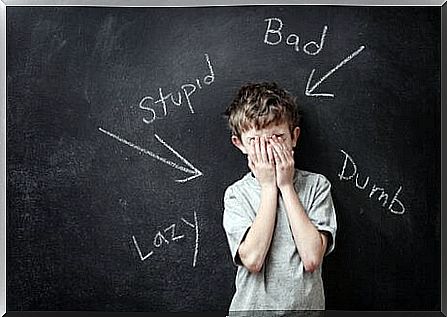
The positive side of the Pygmalion effect
A key aspect of taking advantage of the Pygmalion effect in children is to detect their potential and encourage them to make the most of it.
Without a doubt, this will be much more productive than criticizing for what they don’t know how to do well. However, this process should always be done by supporting the children, as the intention is for them to discover what they like and what they do well.
Likewise, trust and appreciation for progress are also very important. This will give them motivation to continue their efforts. Furthermore, it reaffirms the fact that they are capable of meeting their goals.
However, be careful. This does not mean that you should deceive and make the little one believe that he can do everything. Of course, limitations and failures exist and are part of all of us. The key is to make your child understand that it takes effort to overcome obstacles.
In short, the Pygmalion effect in children is a double-edged sword. Just as it can be an important growth tool, it can also make it difficult to overcome a failure or directly affect self-esteem. The results will depend on the parents’ attitude towards the little ones.
